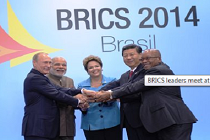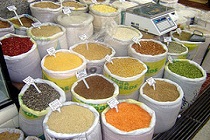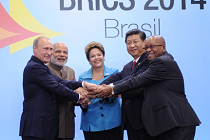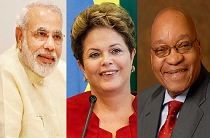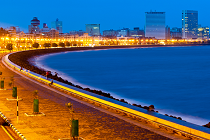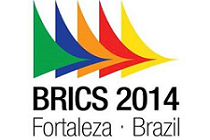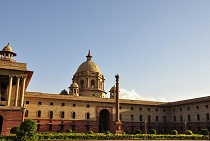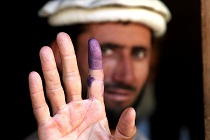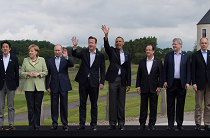Realising the potential of the BRICS
Looking back at the 2008 financial crisis, when governments had to resort to bail-outs to keep economies afloat, the BRICS member countries have decided to set up a New Development Bank which will provide for a contingency fund. This initiative aims at building an alternate financial structure in terms of trade among the member states as well as creating a safety net

